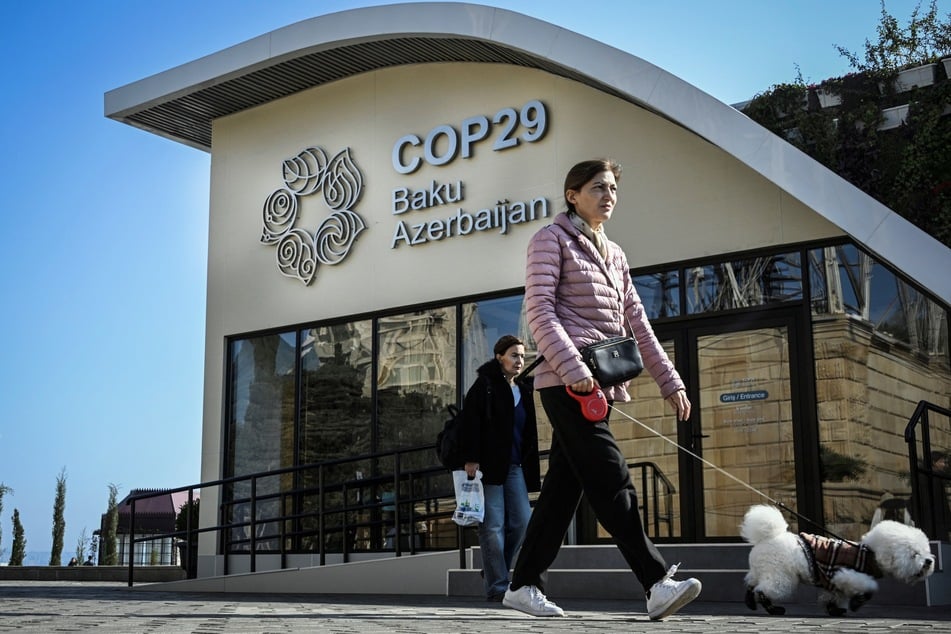COP29 proposal calls on rich countries to pay $250 billion per year in climate financing
Baku, Azerbaijan - A new draft text issued on Friday at COP29 has called for developed countries to provide $250 billion in climate financing to poorer developing nations.

The new draft proposal sets the total yearly financing target to be $1.3 trillion by 2035, with $250 billion in financing from public and private sectors in developed nations to help achieve climate goals in the developing world.
In addition to presenting more specific targets than the original version, the new text has included the key phrase "transition away from fossil fuels," though it is in an economic rather than environmental context.
Over the course of the last two weeks, almost 200 countries have struggled to agree on a specific target for boosting climate financing assistance to developing countries.
Such funds are meant to help countries cut fossil fuel emissions by investing in green and sustainable energy sources, as well as assistance in adapting to climate change.
On Thursday, COP29 attendees failed to approve a draft submitted by host country Azerbaijan, with some members insisting the the original commitment of $500 billion per year was too high.
Regarding the new proposal of $250 billion, half the amount proposed on Thursday, a European negotiator told Reuters that the new deal was still too high.
"No one is comfortable with the number, because it's high and [there is] next to nothing on increasing contributor base," the negotiator was cited by Reuters as saying.
New COP29 proposal slammed by civil society groups
A statement issued by the COP29 Presidency insisted that the new package was "balanced and streamlined" and promised to engage with parties to "collectively agree [on] final adjustments."
Civil society groups have, however, lambasted the new proposal for being too weak, one nonprofit calling it "an insult" that is "nowhere near the public, grand-based climate finance" that's needed.
"This text is an absolute embarrassment. It's the equivalent of governments handing the keys to the firetruck to the arsonists," Oil Change International's global public finance manager Laurie van der Burg was cited by The Guardian as saying.
"This amounts to a cop-out for polluters and allows rich countries to dodge their responsibilities by relying on the private sector and even developing countries to cover the bill, creating a debt-trap for countries most vulnerable to the climate crisis."
Cover photo: AFP/Alexander Nemenov
